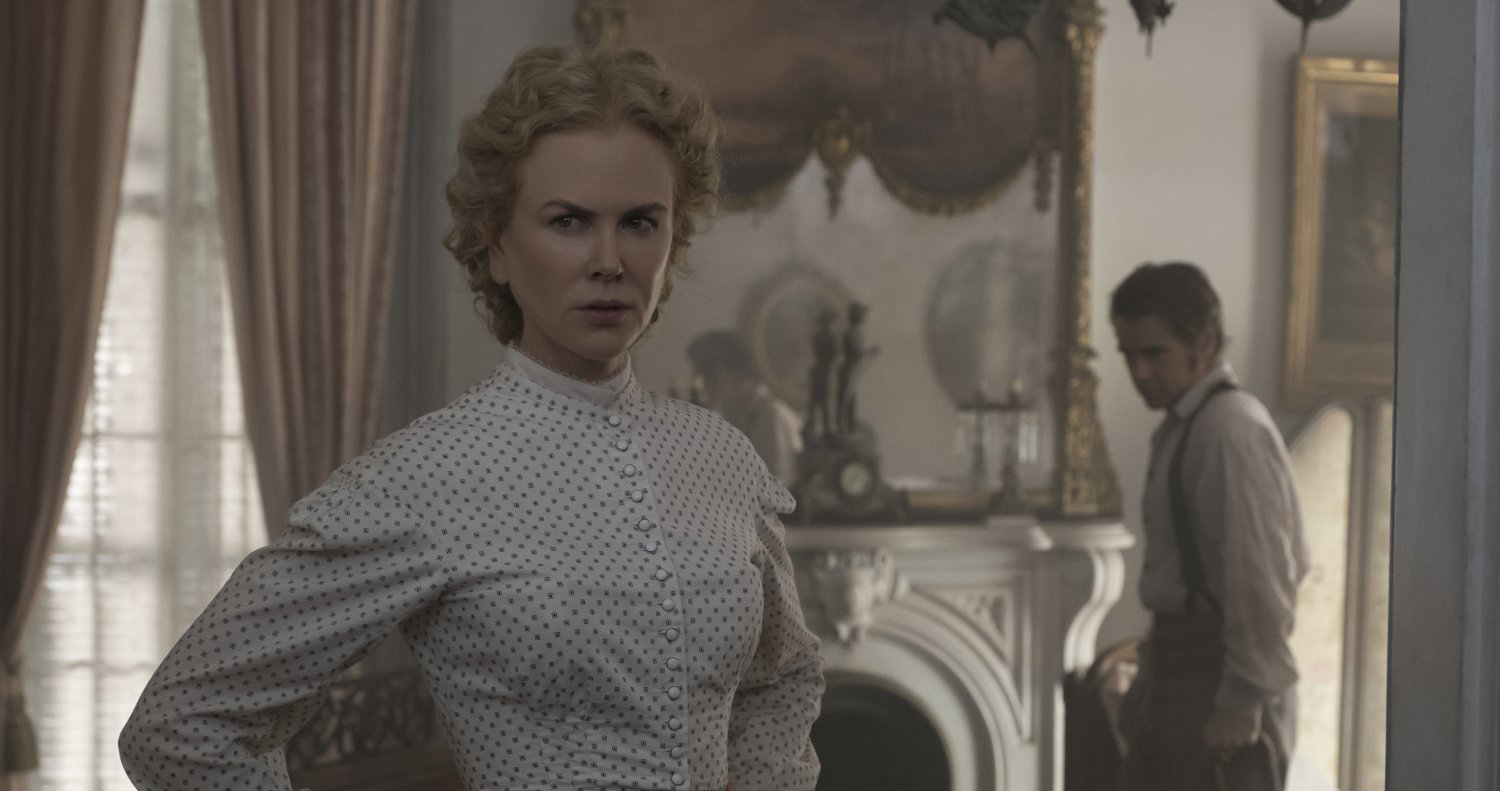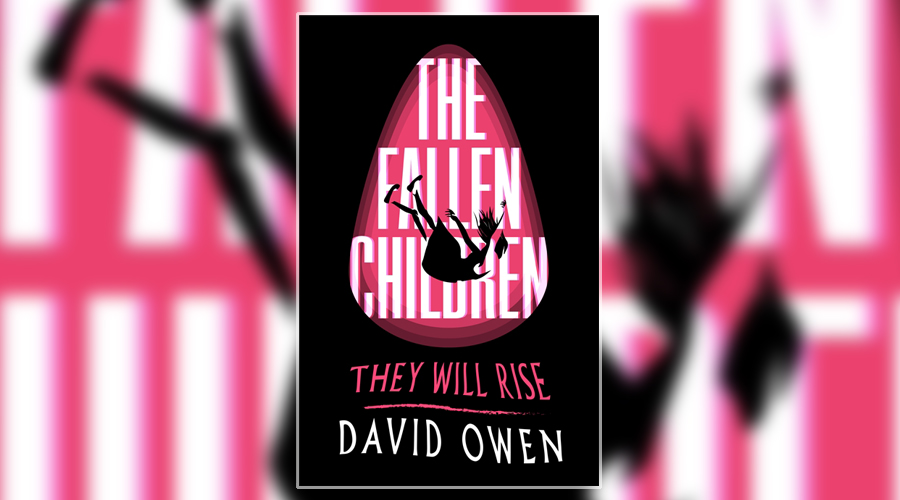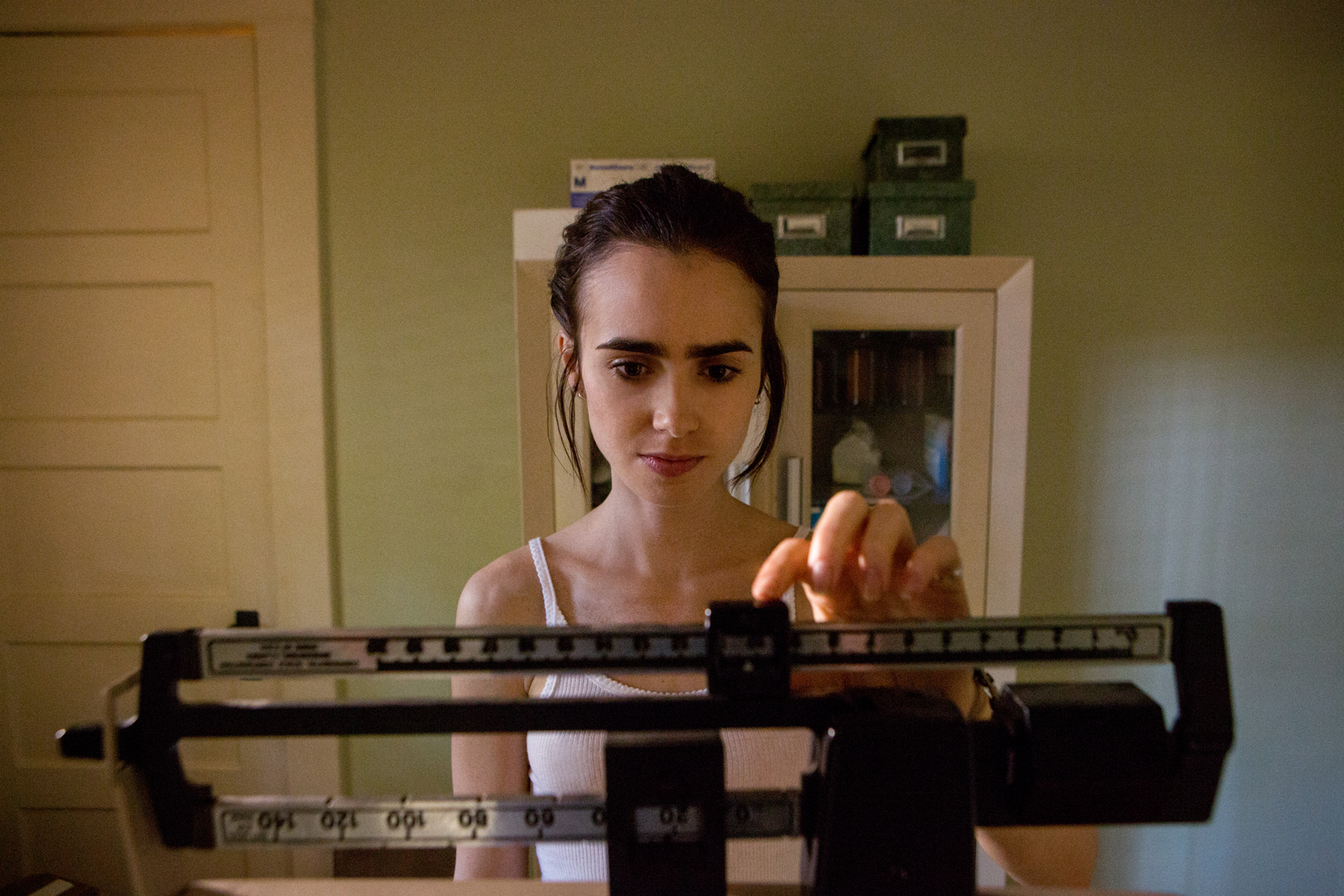The Beguiled Review

Genre: Drama
Directed by: Sofia Coppola
Starring: Nicole Kidman, Kirsten Dunst, Elle Fanning, Colin Farrell
Is this film, a remake of a misogynist movie, feminist? Well, it’ll depend on who you ask as The Beguiled, Sofia Coppola’s latest cinematic effort, beautifully allows you come up with your own interpretation of the events taking place within the walls of Martha Farnsworth’s (Nicole Kidman) girls school.
Set during the height of the US civil war, The Beguiled sees headmistress Martha Farnsworth (Nicole Kidman) trying to maintain order when she and her students shelter the injured Corporal John McBurney (Colin Farrell). Secluded from the outside world, the school acts as petri dish for gender politics as the women protect their matriarchal society from the encroaching patriarchal forces.
Coppola’s genius lies in how she nuances the premise’s inherent feminism. It would have been all too easy to make the women angels and the man the devil, but Coppola prefers complex characters over political praise. The women admit to owning slaves and their allegiance with the Confederacy, with all its connotations, does sully the pristine image they strive for with their Christian charity. Most of the politics is pushed into the subtext, and while some members of the audience will find digging through the subtext frustrating, The Beguiled is a rewarding experience if you’re willing to pick up on the subtleties. As such, this is an outstanding piece of storytelling filled with wry humour and great drama. Coppola makes the interpersonal drama between the characters clear, helping us keep track of their journey. Alicia’s (a great Elle Fanning) naive sexual awakening contrasts the world-weariness of her school teacher, Edwina Dabney (a great Kirsten Dunst). Then, Edwina blames her dissatisfaction on the controlling Martha.
As such, this is an outstanding piece of storytelling filled with wry humour and great drama. Coppola makes the interpersonal drama between the characters clear, helping us keep track of their journey. Alicia’s (a great Elle Fanning) naive sexual awakening contrasts the world-weariness of her school teacher, Edwina Dabney (a great Kirsten Dunst). Then, Edwina blames her dissatisfaction on the controlling Martha.
As Martha, Kidman reliably gives an astonishing performance. She turns innocuous lines such as “Amy, can you get the mushrooms?” and “Would you care for a digestif, Corporal?” into loaded statements you’ll be quoting to your friends as you try and pump some excitement into comparatively mundane dinners. When the film loosens some of its restraint, Kidman makes it believable. She understands how pulpy this material is and she laces her lines with the right amount of melodrama.
Even though the film never fully fulfils the horror movie potential it teases, the third-act is aggressively gripping as Coppola stacks up one set piece after another. Signified by a fade to black as the director refuses to entertain any notion of torture-porn, the gear change works because she has a firm grasp on the story she is telling. Richard Beggs’ sound design is remarkably consistent with the constant chorus of chirping crickets creating an undeniable impression of the location. Coppola bravely carries this technique from the first to the last frame, successfully closing the narrative. Every frame of Philippe Le Sourd’s painterly cinematography could be framed. His composition bewitches you and creates a thick atmosphere, grounding the film in a time and a place. If there is a problem, it’s the film’s devotion to creating an atmosphere, as the pacing lags in the middle as Coppola repeats too many scenes in an effort to establish each character’s desires. It’s a surprising mistake when the director has had such a sure hand so far.
If there is a problem, it’s the film’s devotion to creating an atmosphere, as the pacing lags in the middle as Coppola repeats too many scenes in an effort to establish each character’s desires. It’s a surprising mistake when the director has had such a sure hand so far.
Where Coppola does fully let loose is with her commitment to the female gaze. Farrell is perfectly cast as the charming snake and, rather refreshingly, the characters and the camera unashamedly objectify Farrell. For his part, he welcomes the objectification, taking part in what is best described as the 19th-century version of that famous Diet Coke advert. It’s a glorious OTT moment in this perfectly calibrated melodrama.
★★★★★


